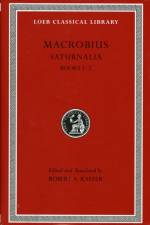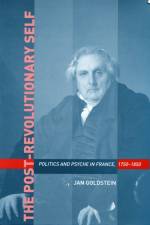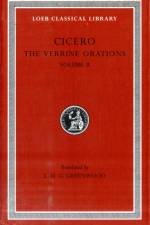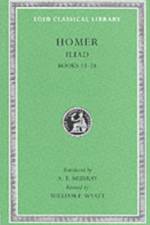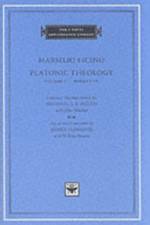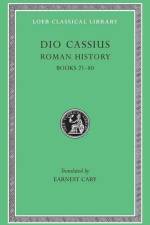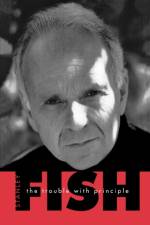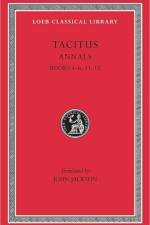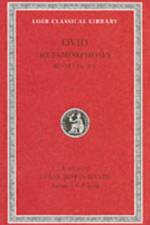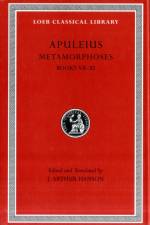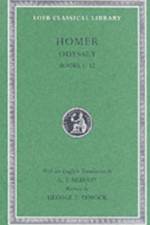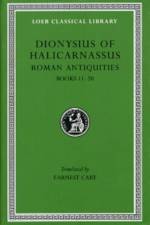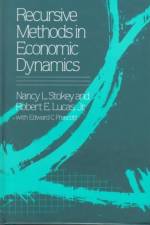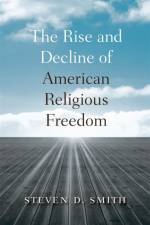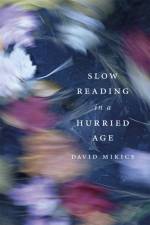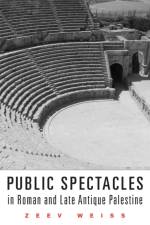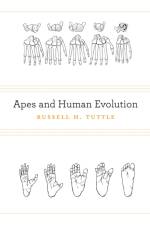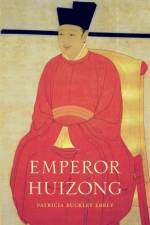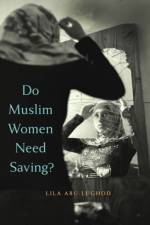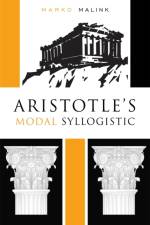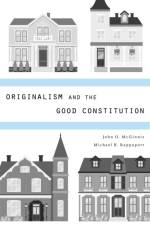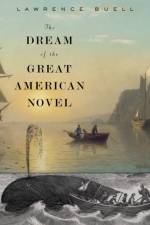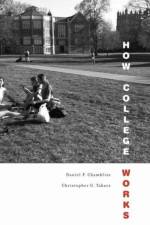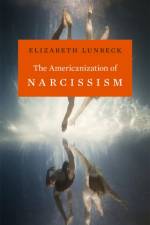av Patricia Buckley Ebrey
607
China was the most advanced country in the world when Huizong ascended the throne in 1100 CE. Artistically gifted, he guided the Song Dynasty toward cultural greatness but is known to posterity as a political failure who lost the throne to Jurchen invaders and died their prisoner. In this comprehensive biography, Patricia Ebrey corrects the prevailing view of Huizong as decadent and negligent, recasting him as a ruler ambitious in pursuing glory for his flourishing realm. After a rocky start trying to overcome political animosities at court, Huizong turned his attention to the good he could do. He greatly expanded the court's charitable ventures, founding schools, hospitals, orphanages, and paupers' cemeteries. Surrounding himself with poets, painters, and musicians, he built palaces, temples, and gardens of unsurpassed splendor. Often overlooked, however, is the importance of Daoism in Huizong's life. He treated spiritual masters with great deference, wrote scriptural commentaries, and urged his subjects to adopt his beliefs and practices. This devotion to the Daoist vision of sacred kingship eventually alienated the Confucian mainstream and compromised Huizong's ability to govern. Ebrey's lively biography adds new dimensions of understanding to a passionate, paradoxical ruler who, many centuries later, inspires both admiration and disapproval.



